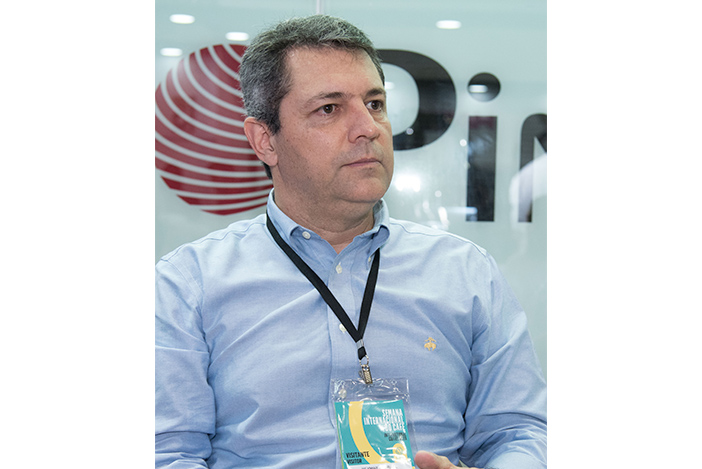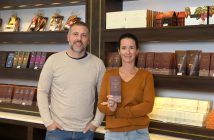Company sees the country as the great alternative to the global chocolate industry
Pinhalense, a manufacturer of machinery for the production of crops such as coffee, pepper and cocoa, is betting on the growth of the cultivation and sale of Brazilian specialty cacao. “The cocoa market in Brazil is totally fragmented. On one hand, there are the big producers, with immense indebtedness, still due to witch’s broom disease, producing cacao commodities. On the other hand are the small producers who, despite all the difficulties, realized that their business would only have a future if they tried to improve their production system to obtain fine or specialty cocoa”, explains the president of Pinhalense, Reymar Andrade.
Despite the problems, the CEO believes that the country’s production will grow in a considerable manner. He added: “we are a great alternative for the global industry, especially if we consider the social, legal, climatic and civil wars problems of the other producing countries. This is because Brazil is the best structured cocoa producer, with better organized policies, with the potential to better structure the chain and with areas of cultivation very apt to grow,” he says.

Reymar de Andrade – Presidente da Pinhalense
Reymar adds that the next decade will be decisive for the transformation of the cocoa chain in the country, as happened to the production of specialty coffees. “Brazilian cacao will be an alternative to the chocolate industry in the world and it will pay for it. The reason is very simple: we do not have any slave labor, our labor laws are severe and the industry needs legal certainty. In turn, the consumer market is increasingly demanding to know the origin of what it consumes, who the suppliers are and if they are socially responsible. We are a great alternative for the cocoa producing countries of Africa and Central America,” he explains.
“I have noticed large manufacturers like Callebaut, Nestlé, Mars, Olam etc., concerned about this scenario, which is no longer sustainable. There is no renewal within the current model, since the children of the producers in the rest of the world are migrating to other activities, their parents are aging and the production is threatened. It is time for Brazil to take advantage of that, to organize the chain, its agencies, institutions and associations and to develop technologies for these new production bases to change the reality of cocoa worldwide,” he argues.
Reymar also points out the importance of small producers to understand that cocoa is a food, a fruit and, as such, must be handled according to sanitary sanitation rules. “The lack of care, leaving cocoa in contact with animals and birds is a big misconception from the food point of view,” he says.
Pinhalense exports its technology to more than 90 countries, especially those producers of cocoa, pepper and coffee. The experience abroad confirms that the countries that have evolved are those that depend on governmental actions, which acquire equipment and promote the necessary changes. “We hope that this will happen here as well, but not necessarily through the Government, but through the private initiative itself, that the chain is organized, promoting the cooperativism of the sector, and that this initiative boosts the creation of collective processing plants for cocoa, aimed at small producers, which will result in a better remuneration for the fine cocoa. In this way, Brazil will again have the importance it deserves”, he concludes.
Fotos e vídeos: Clodoir de Oliveira



